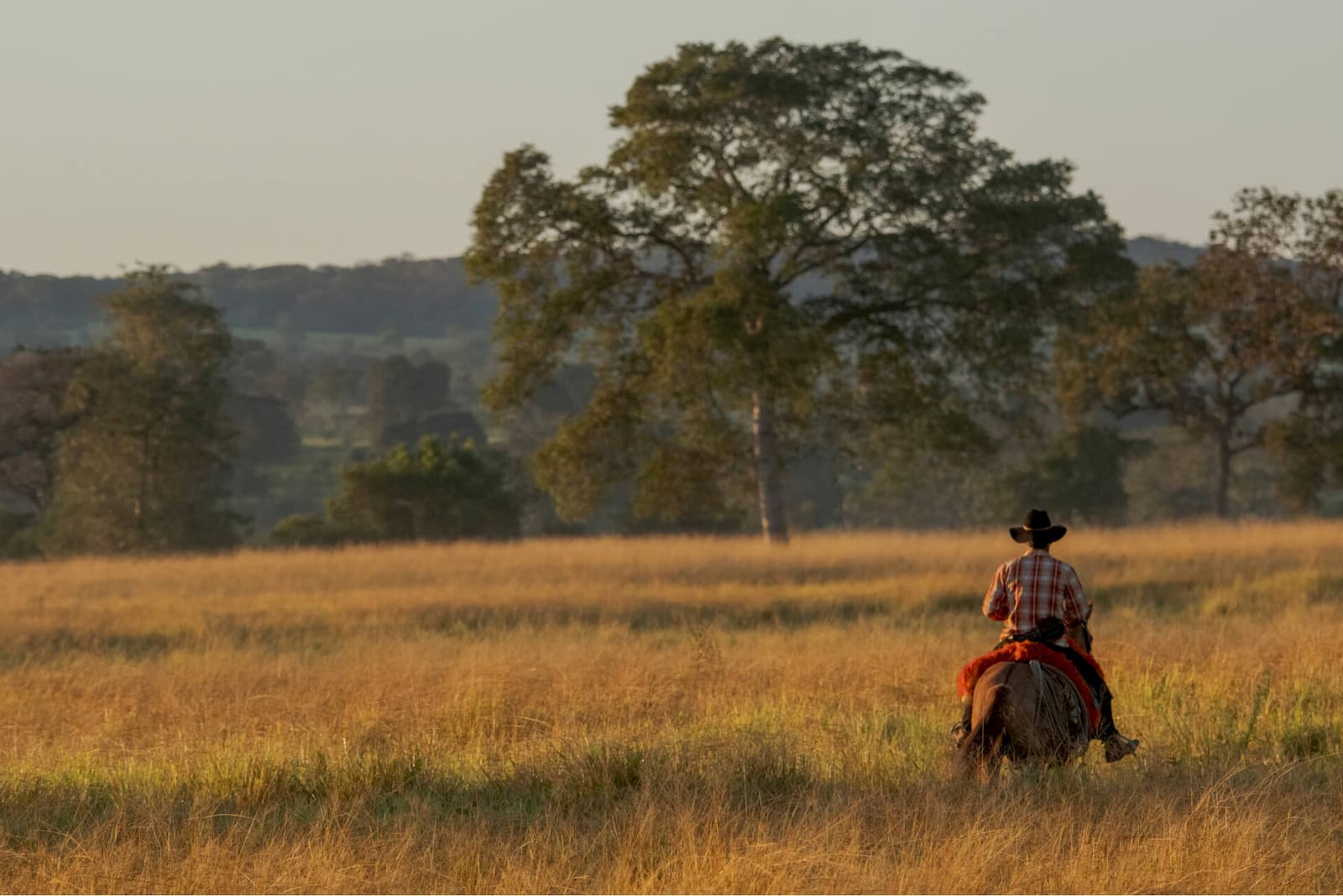Covid-19 has turned the world upside down. But it hasn’t arrived out of nowhere — along with wildfires and crashing biodiversity, it’s a symptom of the broken relationship we have with the natural world we live in.
A radical change in our approach to nature is essential, and a key focus for that action has to be forests.
Healthy forests stabilize our climate, they clean our air and they guarantee our water supply. They provide livelihoods and vital services for more than 1 billion people living in and around them. And what often goes unnoticed is that healthy forests also serve as a buffer against diseases.
Forests today are in crisis, with deliberate burns and accidental wildfires devastating huge areas. Converted and degraded for agriculture, for fuel, for timber, the ongoing mismanagement of the world’s forests is ramping up carbon emissions, ravaging biodiversity, and destroying vital ecosystems. And the situation is getting worse.
The global food system has led to vast areas of pristine forest being converted, whether for beef in Brazil or palm oil in Indonesia. Today, from the Arctic to the Amazon our forests are burning like we’ve never seen them burn before, in many parts because of this broken food system. Converted and degraded for agriculture, the ongoing mismanagement of the world’s forests is ramping up carbon emissions as well as posing a major threat to global biodiversity.
Given the significant role of agriculture in driving deforestation in some of the most biodiverse forests in the world, such as the Amazon, we urgently need to change the way food is produced and consumed. And in our daily lives, that can begin with changing what we eat.
We can make a big difference as individuals. Research shows that by increasing the amount of plants we eat, relative to animals, we can reduce the area of land that’s needed to feed us by up to 40%, creating space for forest restoration, nature, and carbon sequestration. Doing so will boost our personal health, lessen our environmental impact, reduce deforestation, cut emissions and save wildlife: it’s a win-win for people and the planet.
But while the principle is simple, the implementation is complex: land use and social contexts vary all over the world, so a range of locally-tailored changes are required. The Planet-Based Diets platform can help individuals make more informed decisions and assist policymakers in integrating dietary change with nature, climate and development agendas.
Beyond diet, agricultural production systems have to fundamentally change too, with much more emphasis on efficiency: less wasteful production requires less land, reducing the need to convert natural areas. Eliminating food waste would make an enormous difference on top of this: roughly a third of all food produced for human consumption is lost or wasted each year.
Governments and businesses must act. We’re already seeing momentum in the European Union, where a public consultation on a potential deforestation legislation was launched last month. The EU and other demand-side governments must partner with supply-side governments to support their transition to sustainable production and scale up technical and financial assistance to do so.
On a corporate level, agricultural businesses must eliminate deforestation from their supply chains by making and implementing time-bound and measurable commitments with credible plans to achieve them.
As a global community it’s not good enough just to talk about all this, or to set crucial international targets for 2020 that we comprehensively miss: our forests and our planet are in real trouble, and urgent action — on policy, corporate and personal levels — is needed right now.
With this in mind, it’s never too soon to make a start: you can switch to a planet-based diet today.




